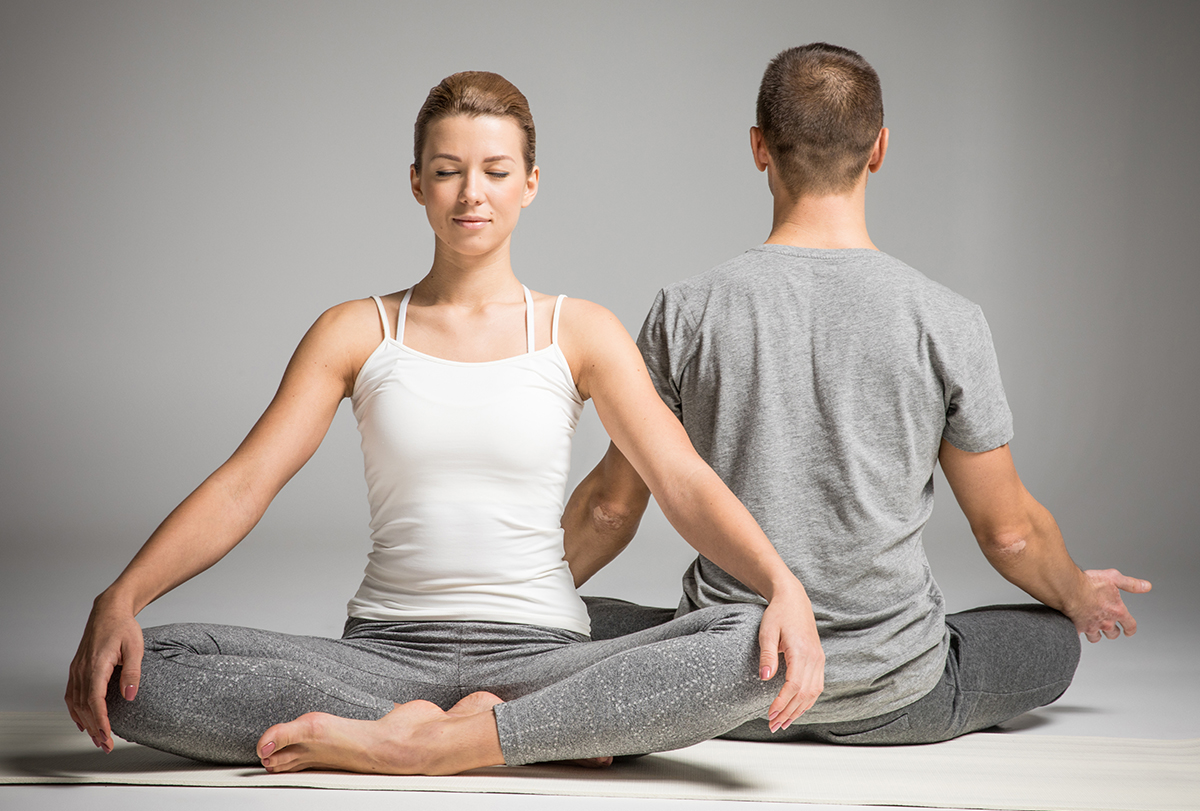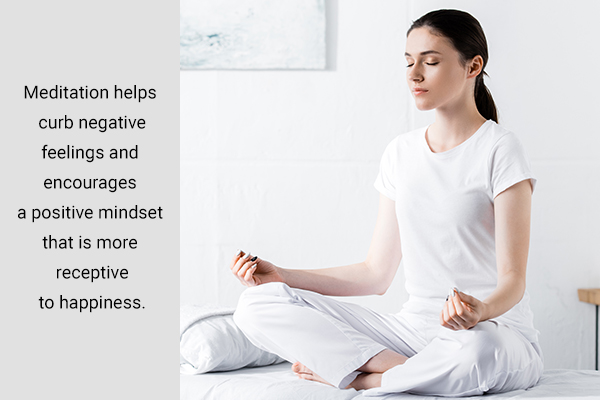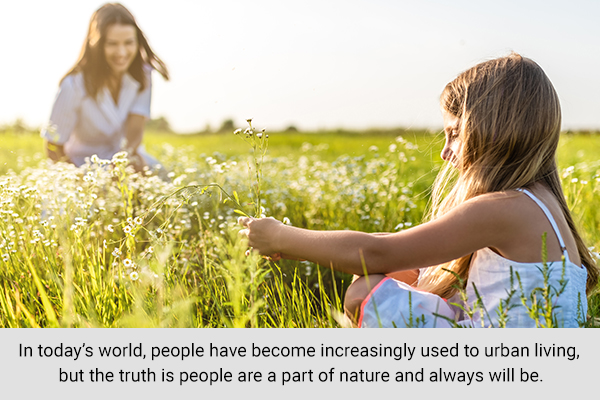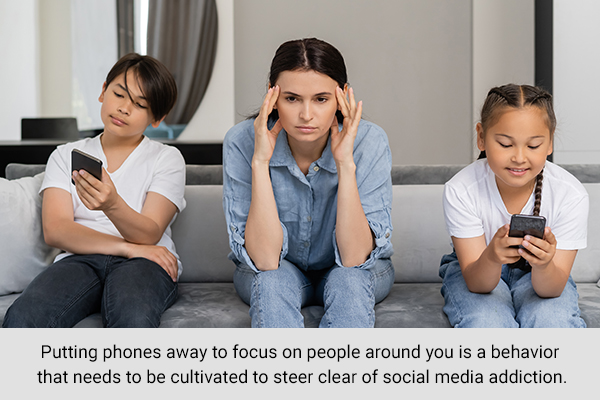Happiness is probably the end goal of all human desires. People spend their lives looking for contentment and happiness in different forms. It may be through the time they spend doing what they love, through material things, through friends and families, etc.

Yet, many people feel that they have forgotten to actually be happy while searching for this supposed happiness.
Happiness is a state of mind and is essential for a healthy life. Take a look at some things that may help you achieve this state.
Activities That Will Make You Happy
Here are some common emotions or activities that have been proven to be effective in making people’s lives happier.
1. Practice gratitude
Gratitude is one of the most positive feelings you can harbor. It means to be thankful for what you have.
Unfortunately, this is a quality that is increasingly hard to come by in the social media generation that glorifies “hustle culture.”
Psychology research suggests that gratitude is a habit that can be cultivated in people. It helps improve relationships, mental health, and appreciation of experiences. It may also indirectly help improve physical health. (1)(2)
2. Meditate

Research suggests that regular meditation not only helps you fight stress but also makes you happier.
A recent study conducted by neuroscientists on the physical effects of meditation on the human brain demonstrated that meditation causes changes in the gray matter of the brain. The gray matter or cerebral cortex is involved in emotion regulation, memory processing, etc. (3)
Meditation helps curb negative feelings and encourages a positive mindset that is more receptive to happiness. (4)
3. Sleep more
Sleep deprivation can negatively affect the hippocampus of the brain, which is involved in regulating positive thoughts and emotions. Lack of sleep can make you moody and irritable.
Research suggests that a person should get at least 6 hours of quality uninterrupted sleep every night.
4. Spend time in nature

In today’s world, people have become increasingly used to urban living, but the truth is people are a part of nature and always will be. Human ancestors spent thousands of years in their natural habitats: forests, deserts, and mountains, and we are hardwired to do so too. (5)
Higher exposure to nature, especially trees and greenery, can lead to the generation of negative ions in the body that can reduce stress and are linked to a happier and more content life. (6)(7)
5. Practice minimalism
“Money cannot buy happiness” – you may roll your eyes at the cliché nature of this adage, but it stands true according to science.
People who spend higher amounts of money on luxurious purchases generally tend to be unsatisfied in life. Spending too much is also a coping mechanism for depression or anxiety in some people.
It is better to attach your feelings of contentment and happiness to more worthwhile stuff than material things. (8)
6. Set meaningful goals
Many patients recovering from depression and other mental health issues complain about the lack of purpose in their lives. It is human nature to strive for a purpose other than simple survival.
You can set small, achievable goals for yourself and use them to attain bigger end results. This helps you break down a daunting task into doable bits without overwhelming you, and it gives you some purpose and motivation to keep going.
7. Limit social media and mobile usage

Social media is one of the biggest boons and banes of the 21st century. While it was created to keep all people connected, it has ironically caused loss of deeper connections in life.
You need to remember to live in the moment and not just for the “gram.” Putting phones away to focus on people around you is a behavior that needs to be cultivated to steer clear of social media addiction.
Several psychology studies show that people with limited social media usage tend to have better relationships and less anxiety and are generally happier in life. (9)(10)(11)
8. Find meaning and purpose
Always remember to find meaning and purpose in life no matter how busy you get. Life is more than just your 9-to-5, laundry, and other mundane chores.
Find a hobby you love, a cause you care about, or some loved ones you can spend your time with. (12)
9. Use your strengths

Every person is different and so are their abilities. It is very easy to notice your own flaws and neglect your strengths instead of honing them.
You do not have to have Picasso-esque painting skills or be given an award for your strengths to be of value. Learn to appreciate your gifts and utilize them to your maximum potential.
10. Practice self-compassion
You are your own biggest critic. This is an unfortunate reality for many people.
While it is a good habit to introspect and hold yourself responsible for your mistakes, nit-picking tiny details, obsessing over setbacks, and lowering your self-esteem are the worst things you can do to yourself.
Compassion breeds forgiveness and paves the way for development. Your shortcomings do not define you and can be forgiven. Be compassionate to yourself and to others for a happier and healthier life.
Final Word
Happiness can be found in the simplest of things if you learn to look for it. Contentment, compassion, empathy, gratitude, and peace of mind all go hand in hand in achieving happiness.
- Was this article helpful?
- YES, THANKS!NOT REALLY


